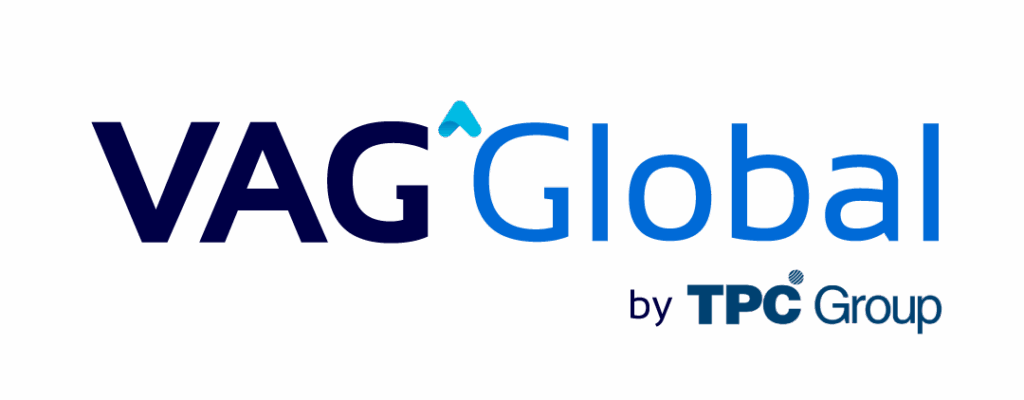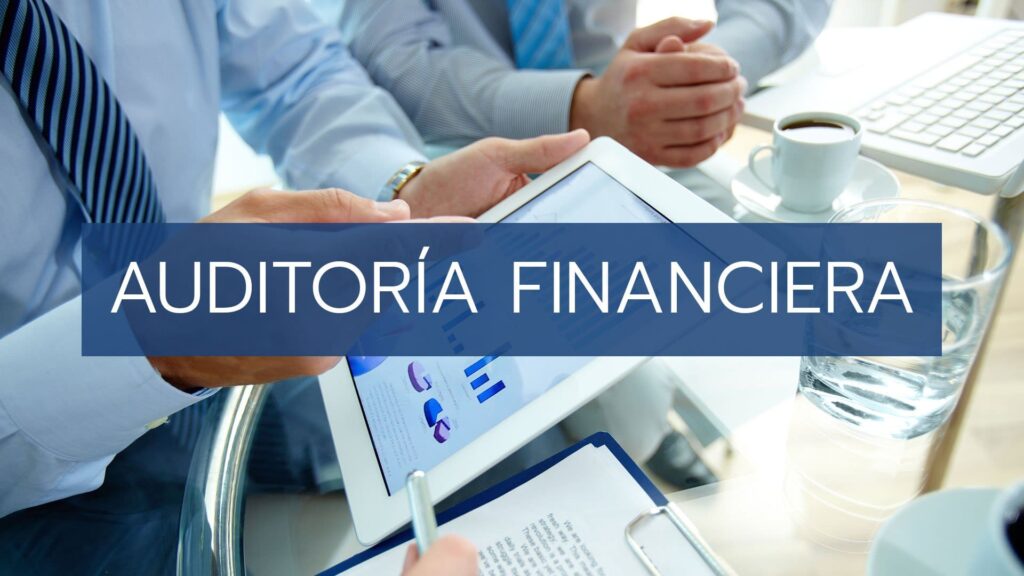Audit Planning
The first crucial step in a financial audit is planning. In this phase, it is essential to define the scope of the audit, identify risk areas, and establish objectives. Proper planning allows auditors to understand the context of the organization and the nature of its operations. In addition, the necessary resources should be allocated, and a realistic schedule established.
It is advisable to involve key stakeholders in planning, such as managers and key personnel, to ensure a shared understanding of objectives and expectations, helping create a collaborative environment and facilitating the information gathering during the audit process.
Information Gathering
After planning the audit, the next phase is information gathering. This phase involves the review of accounting documents, financial statements, internal policies, procedures, and any other relevant data affecting the audit results.
Accurate and complete documentation is essential to assess the company’s financial situation. Auditors should interview key personnel and gather information on existing internal controls, as these are crucial elements to evaluate the effectiveness of accounting processes.
Risk Assessment
Risk assessment is critical in the financial audit, as auditors identify and evaluate risks affecting the accuracy of the financial statements. It includes identifying areas susceptible to fraud, errors, or accounting irregularities.
Auditors should consider internal and external factors affecting the company’s transactions, such as amendments in tax regulations, market conditions, or inefficiencies in internal controls, enabling auditors to focus on the actual risk areas and determine the most appropriate audit procedures.
Performing Tests
After identifying and assessing risks, the auditors will test by performing substantive and control procedures to obtain sufficient appropriate evidence about the reasonableness of the financial statements. Testing may include reviewing transactions, assessing the validity of assets and liabilities, and verifying compliance with accounting policies and regulations.
The testing effectiveness will depend on the quality of information gathering and initial planning. Therefore, auditors must be prepared and follow a systematic approach during this phase.
Analysis of Results
After testing, auditors must analyze the results by interpreting the evidence collected and comparing it with the criteria established in the planning to assess whether the financial statements present an actual and fair overview of the company’s financial position.
At this phase, the applicable accounting standards and best practices in auditing are essential to ensure the results are consistent with the client’s expectations and comply with current regulations.
Preparation of the Audit Report
After analyzing the results, the next step is to prepare the audit report, which must contain the findings, conclusions, and recommendations based on the analysis. The report must be clear, concise, and structured so that readers can easily understand the results.
In addition, the report should include support for the financial statements to build confidence among stakeholders (shareholders, investors, and regulators).
Presentation of Results and Follow-up
Finally, the presentation of results is crucial for the audit’s effectiveness. Auditors must communicate their findings and recommendations to senior management and the board of directors. It is essential to address areas for improvement and discuss necessary corrective actions.
Follow-up allows the implementation of recommendations and ensures appropriate measures to mitigate identified risks.
Conclusion
Performing an effective financial audit is a legal requirement and an opportunity to improve an organization’s management and transparency. Due to these essential procedures, companies can benefit from a clear view of their financial situation and make informed decisions.
For high-quality accounting, internal, and financial audit services, consider contacting VAG Global, the best accounting and tax consulting firm in Peru.
For further information, contact us at contacto@vag-global.com or call +511 436 4612.
We will be in touch as soon as possible to meet your needs.
Contact us today to ensure transparency and efficiency in your company’s financial management!

